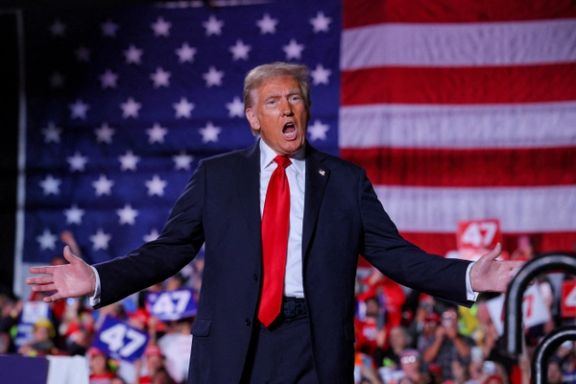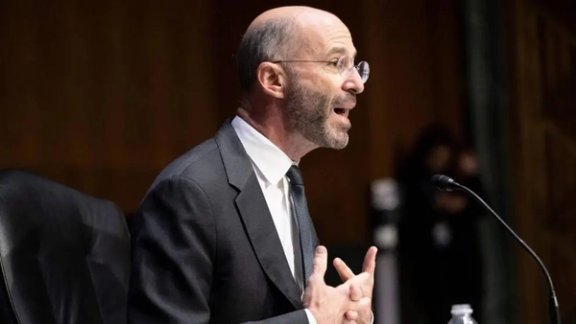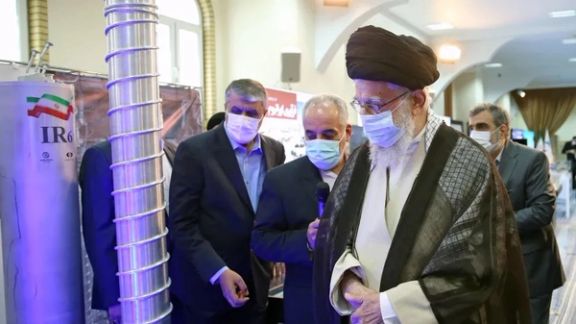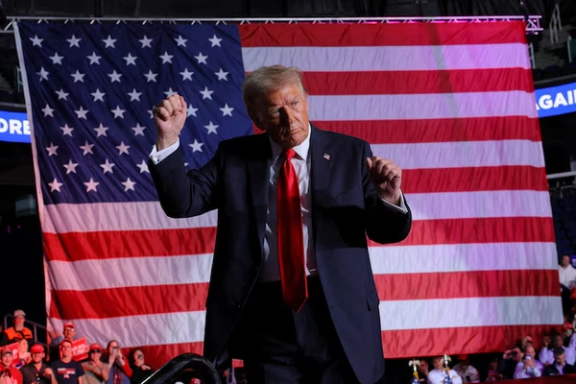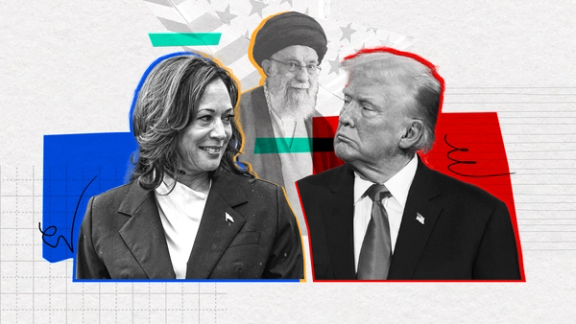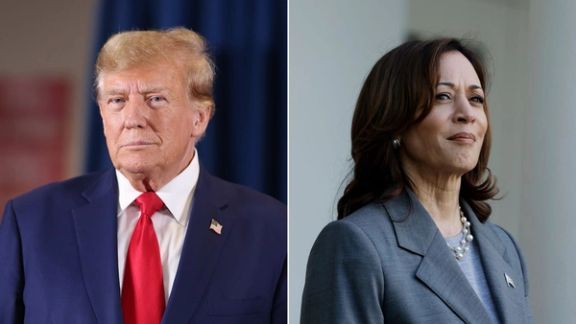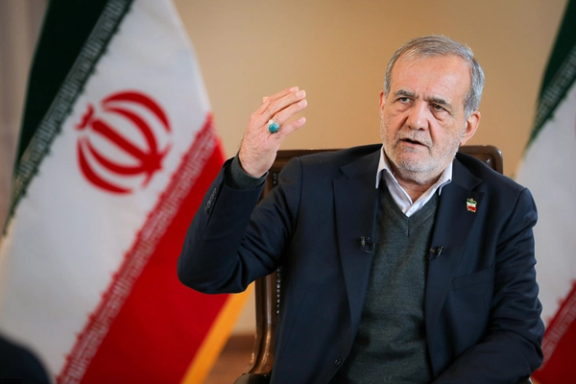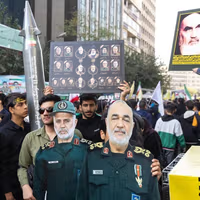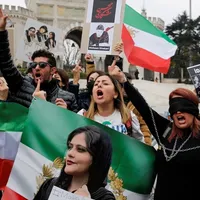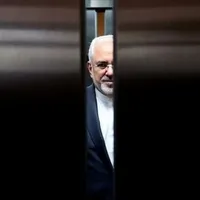"The outcome of the US presidential election will not bring about significant change and all necessary preparations and forecasts have been proactively planned. The livelihood of the people will remain unaffected," government spokesperson Fatemeh Mohajerani told domestic media.
Iranian state media has remained largely silent on the election, while many Iranians turned to social media to share celebratory messages.
Some major American news outlets have yet to call the election definitively for Trump, although Fox News declared his victory after he secured Pennsylvania early Wednesday.
Several world leaders, including those from Israel, France, and Australia, have swiftly extended their congratulations to Donald Trump on his election victory.
“There isn’t much difference between Trump and Harris,” Mohajerani said, adding that Iranian government policy has been “pre-planned to account for the outcome, and there will be no change in the livelihood of the people.”
“We are not worried about Trump’s election victory,” she added.
The head of the country's Atomic Energy Organization, Mohammad Eslami, also commented on Trump’s victory, saying that the state pursues its own interests in strategic goals and the nuclear industry.
“Our program is not influenced by any changes in the US and will not change,” he said on Wednesday.
Trump told reporters on Tuesday that Tehran "can't have nuclear weapons."
"My terms are very easy," Trump said in Florida after casting his vote. "I'd like them to be a very successful country."
The latest comments by Iranian officials are in line with Iranian state-media narratives in recent days, with domestic experts that the election result will not have a significant impact on the country.
In contrast, Iranians on social media have been vocal, expressing jubilation and humor over Trump’s win, with some jokingly dubbing him the "Chef of the Cutlet."
The term refers to Qasem Soleimani, the former IRGC Quds Force commander killed by a US drone strike ordered by Trump in 2020. Iranians opposed to the Islamic Republic mockingly call the day of his death "Cutlet Day," likening Soleimani's fate to a popular ground meat dish in Iran.
Adding to the reactions, both prominent users and ordinary citizens shared images of Iran’s Supreme Leader Ali Khamenei appearing tearful, hinting at his potential dismay over the prospect of Trump’s return to office.
Others, including the user Parinaz Etesam, hypothesized about the impact of Trump’s re-election and the future of Iran.
"Is it possible that in a year when Ismail Haniyeh, Yahya Sinwar, and Hassan Nasrallah are killed and Trump is re-elected, we could witness the downfall of the Islamic Republic?” Etesam wrote, reflecting some of the sentiments shared by other opponents of the state.
As global news coverage centered on Trump’s continued gains, the Iranian currency, the rial, sharply declined, with the dollar reaching a record high of 720,000 rials on Wednesday.
The spike in the dollar’s exchange rate has raised concerns among some Iranians that Trump’s victory could bring intensified economic hardship for the country.
On social media, some Iranian users commented that while a weakened rial could worsen poverty, that economic pressure could also be a catalyst to eventually see the end of the Islamic Republic.
Despite these reactions and market anxieties, Iranian officials had previously downplayed Trump’s projected win. Today, possibly in anticipation of further sanctions, government spokesperson Fatemeh Mohajerani stated, "Previous sanctions significantly strengthened our domestic resilience, and today’s economy is sufficiently capable of handling this."
Iranian government critics were also quick to respond, pointing to leadership promises of reform. Some users referenced recent statements by Iranian President Masoud Pezeshkian, who had pledged to lift economic sanctions, questioning whether his assurances could withstand a Trump administration.
Another tweet said, “Trump’s presidency means the end of the Islamic Republic’s four-year reprieve with America.” It suggested that Trump’s return could bring “difficult days ahead” for Khamenei and the IRGC, whom he described as facing repercussions for efforts to eliminate Trump.
While Iranian media remains silent on Trump’s election, social media activity and market reactions reflect the unease and anticipation many Iranians feel as they brace for what a second Trump term could mean for the nation.
